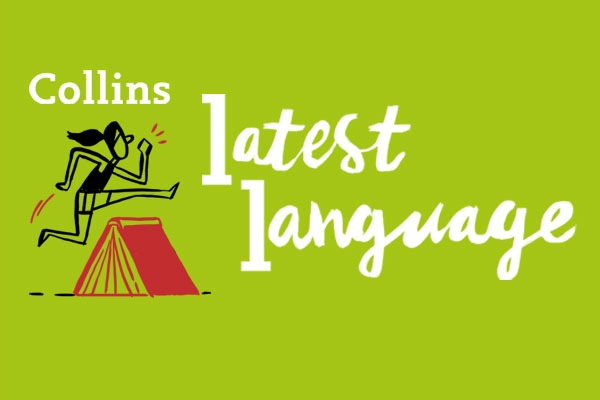The latest crop of words added to the Collins Dictionary still contains a number of items that can be attributed to this year’s dominant coronavirus news story, but there are also words that have nothing to do with viruses, public health, or epidemiology.
Nevertheless, it is true that the coronavirus is still responsible for some notable new arrivals to the dictionary. Among these is Nightingale hospital, the name given to any of the temporary hospitals set up to receive patients who cannot be accommodated in regular hospitals in England. Another significant arrival is R0, which represents the expected number of people who will catch a disease from a single infected person, and is a key indicator of how quickly the virus is spreading. There is also a place in the dictionary for the rona, a colloquial nickname for the coronavirus disease that has achieved widespread acceptance. And hats off to Australia for lightening the mood a little with iso and sanny, characteristically Aussie shortenings of ‘isolation’ and ‘sanitizer’.
It does sometimes feel that every conversation and every piece of writing these days concerns the virus. However, we have still been checking our databases of language to monitor other words, and found that several have now become sufficiently well-established to be included in the dictionary.
One of these is edgelord, a person who posts provocative comments to stir things up on an internet forum. Edgelords think of themselves as masters of the edgy comment (hence edge-lord). However, to other people they just come across as despicable figures, and this word overwhelmingly used in a derogatory way. (We did check on the status of edgelady, its feminine equivalent, but this hasn’t achieved anywhere near the same level of usage yet.)
A much more appealing word, however, is nibling. This was first suggested for inclusion in the dictionary by a user of our website in 2012, and is a word that can be used to talk about a nephew or niece without specifying the gender. It was originally coined as early as 1951 by an American linguist called Samuel Martin, but it failed to catch on during Martin’s lifetime. In the past few years, however, the use of the word has increased hugely, especially on social media, making it a worthy addition to the dictionary in 2020.
Written by Ian Brookes, writer and editor.
All opinions expressed on this blog are those of the individual writers, and do not necessarily reflect the opinions or policies of Collins, or its parent company, HarperCollins.



